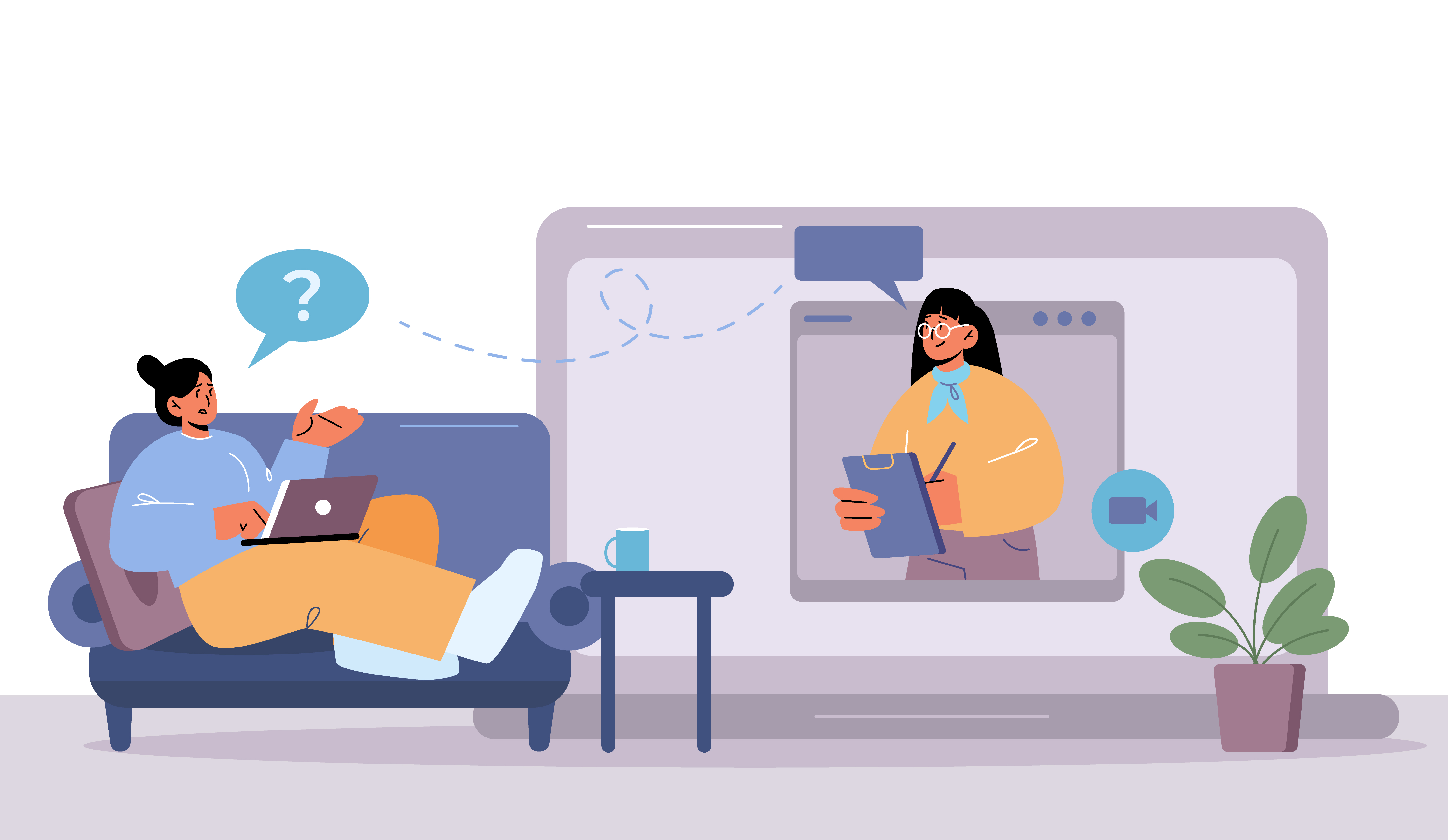Unlocking the Mind: Understanding the Whisper of Anxiety
Anxiety is a feeling that many of us experience at different points in our lives. It can manifest as unease, apprehension, or excessive worry, often making even the simplest tasks feel overwhelming. In a world that constantly demands more from us, understanding the nature of anxiety is crucial for our mental health and overall well-being. By exploring what anxiety truly is, we can start to unravel the complexities of the mind and learn how to manage its whispers.

For some, anxiety may arise from specific situations, while for others, it can be a lingering presence that colors every aspect of their daily existence. With the rise of digital solutions, online therapy has emerged as a powerful tool to help individuals navigate their feelings of anxiety. This approach offers accessibility and convenience, allowing people to seek guidance from professionals without the need to step outside their homes. As we delve deeper into the topic, we will uncover the intricacies of anxiety and how modern therapy can assist in silencing its whispers.
The Nature of Anxiety
Anxiety is a complex emotional response characterized by feelings of tension, worry, and apprehension. It can manifest in various ways, including increased heart rate, sweating, and a sense of impending doom. While everyone experiences anxiety at some point in their lives, it can become problematic when it interferes with daily activities and overall well-being. Understanding anxiety requires exploring its triggers and recognizing the unique ways it affects individuals.
At its core, anxiety serves as a natural response to stress and uncertainty. It is an adaptive mechanism that can alert us to potential dangers, prompting us to take action or avoid harmful situations. However, when this response becomes exaggerated or persistent, it can lead to conditions such as generalized anxiety disorder, panic disorder, or social anxiety disorder. Each of these conditions has its own set of symptoms and triggers, emphasizing the importance of recognizing the specific nature of one's anxiety.
The rise of online therapy has opened new avenues for individuals grappling with anxiety. With adriacabestany.com seeking help, online platforms provide accessible resources and professional guidance tailored to personal needs. Engaging in therapy can empower individuals to understand their anxiety better, develop coping strategies, and work towards managing their symptoms effectively. By embracing these modern solutions, individuals can regain control over their mental health and navigate life's challenges with confidence.
Benefits of Online Therapy
Online therapy provides unparalleled convenience for individuals seeking support for anxiety. Clients can access therapy from the comfort of their own homes, removing barriers such as transportation issues or geographical limitations. This flexibility allows individuals to choose a time that works best for their schedules, making it easier to maintain consistency in their mental health care routine.
Another significant advantage of online therapy is the diversity of options it offers. Individuals can connect with a wide range of therapists who specialize in anxiety treatment, regardless of their location. This increased access to professionals can lead to finding a better match based on personal preferences and specific therapeutic approaches, enhancing the overall efficacy of the treatment.
Furthermore, online therapy fosters a sense of privacy and security that can be particularly beneficial for those experiencing anxiety. Many clients feel more at ease discussing their feelings and experiences from a familiar environment. This comfort can encourage open dialogue, leading to a more productive therapeutic experience and promoting healing in a supportive, non-judgmental space.
Techniques for Managing Anxiety
Managing anxiety often requires a combination of strategies tailored to individual needs. One effective technique is cognitive behavioral therapy (CBT), which focuses on identifying negative thought patterns and replacing them with more positive, realistic ones. This approach encourages individuals to challenge their anxious thoughts and beliefs, ultimately leading to reduced anxiety levels. Engaging in online therapy can be a convenient way to access CBT, providing support from professionals in a flexible environment.
Mindfulness and relaxation techniques also play a crucial role in anxiety management. Practices such as deep breathing exercises, meditation, and progressive muscle relaxation can help individuals calm their minds and bodies. By incorporating mindfulness into daily routines, one can develop a greater awareness of the present moment, which can reduce the tendency to ruminate over past worries or future uncertainties. Online platforms that offer guided mindfulness sessions can be particularly beneficial for those looking to establish a consistent practice.
Physical activity is another powerful tool in managing anxiety. Regular exercise releases endorphins, which can enhance mood and reduce stress levels. Whether it’s a brisk walk, yoga, or a workout session at the gym, finding an enjoyable form of exercise can make it easier to integrate physical activity into one’s lifestyle. Additionally, many online therapy programs and wellness apps provide resources and tips for incorporating exercise into anxiety management plans, making it accessible for everyone.